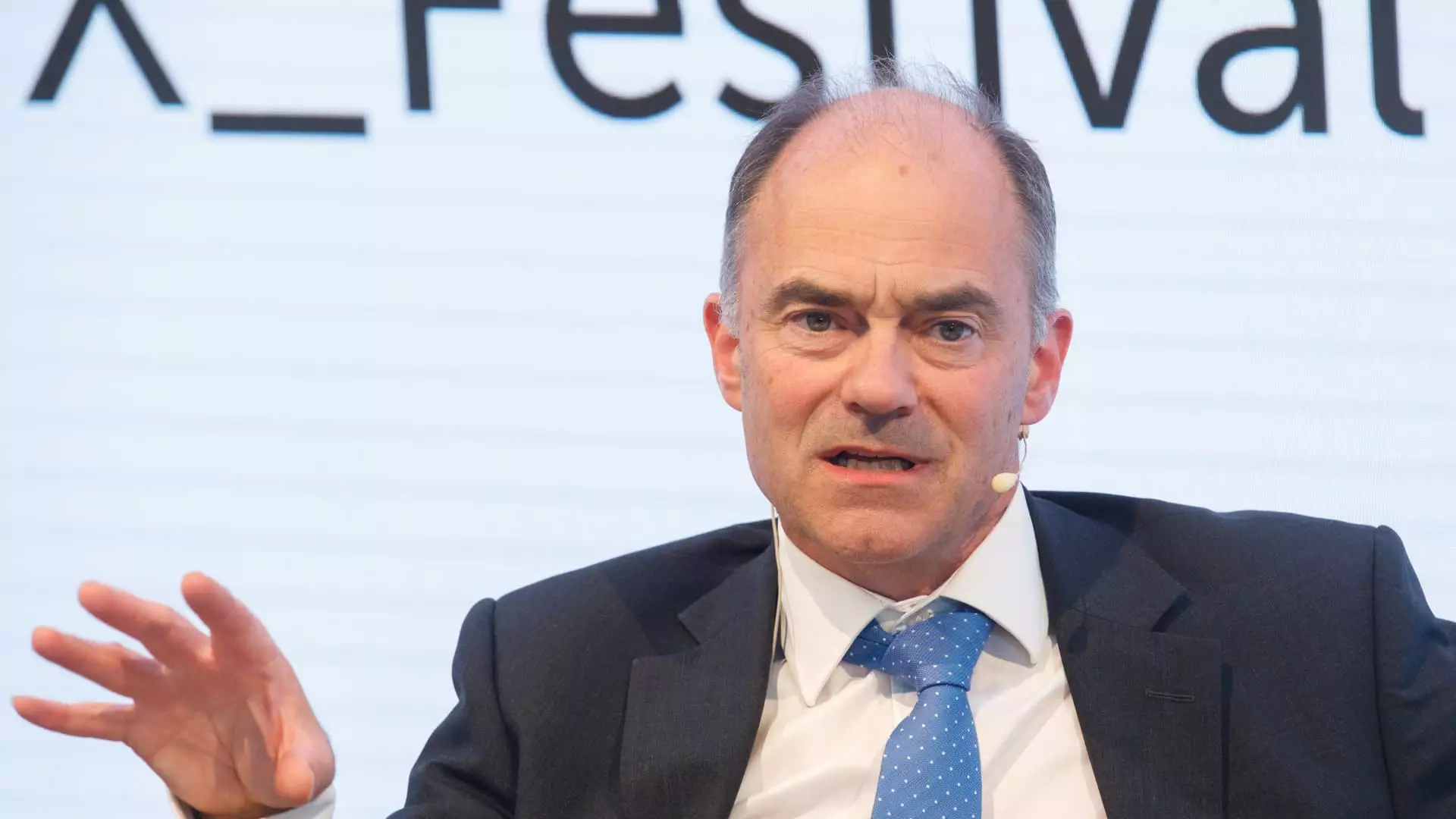The U.K. is facing criticism for its lackluster efforts in commercializing technology businesses on a global scale. Warren East, former CEO of British chip design firm Arm, highlighted the need for a mindset shift within the investor community to ensure success on the world stage. East pointed out that there has been a trend of firms achieving scale in Britain but ultimately relocating or listing abroad, particularly in the U.S. This trend highlights the challenges of achieving global relevance from the U.K. and the need for strategic changes in the approach to commercialization.
Despite the criticisms of poor growth rates and limited global impact, East emphasized the potential of U.K.-based innovative technology. He acknowledged that there is valuable innovation generated in the U.K., but the country struggles to translate this into successful global businesses. The inability to capitalize on the promise of U.K.-based innovation reflects the urgent need for a more effective commercialization strategy.
East stressed the importance of getting commercialization right in the U.K. He highlighted a common scenario where innovative products and technologies created in Britain are commercialized and exploited elsewhere in the world. This trend underscores the need for the U.K. to retain and capitalize on its innovations to drive economic growth and global competitiveness. While East did not offer a definitive solution to the issue, he advocated for a greater risk appetite among investors to support high-growth tech firms.
One of the key factors hindering the commercialization of technology businesses in the U.K. is the relatively lower risk appetite among investors compared to the U.S. East pointed out that there is a significant disparity in the depth of capital available for startups and scale-ups between the two countries. To address this imbalance, there have been calls for changes to capital market rules to facilitate greater investment from pension funds into startups and stimulate risk appetite in the U.K. While there are positive indications of progress in this area, businesses cannot afford to wait for regulatory changes to drive their growth strategies.
The case of Arm’s listing on the Nasdaq in the U.S. serves as a significant example of the challenges faced by U.K. technology firms in achieving global recognition. Despite its success and global reach, Arm’s decision to list in the U.S. rather than in the U.K. highlights the need for a more conducive environment and robust support system for technology businesses in the country. The U.K. must foster a culture of innovation, entrepreneurship, and risk-taking to nurture the growth of technology firms and position them for success on the global stage.
The U.K. needs to undergo a significant mindset shift in its approach to commercializing technology businesses to address the challenges of global relevance and competitiveness. By fostering a supportive ecosystem for innovation, enhancing investor risk appetite, and driving strategic changes in commercialization processes, the U.K. can unlock its full potential as a hub for technology innovation and entrepreneurship.

Leave a Reply